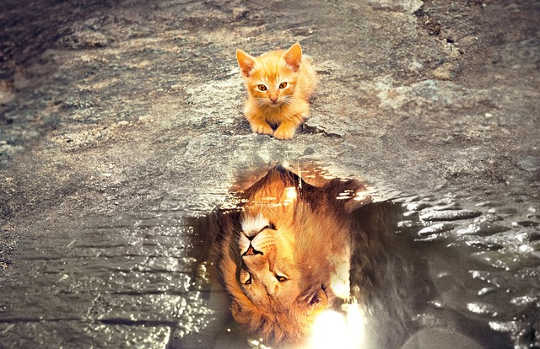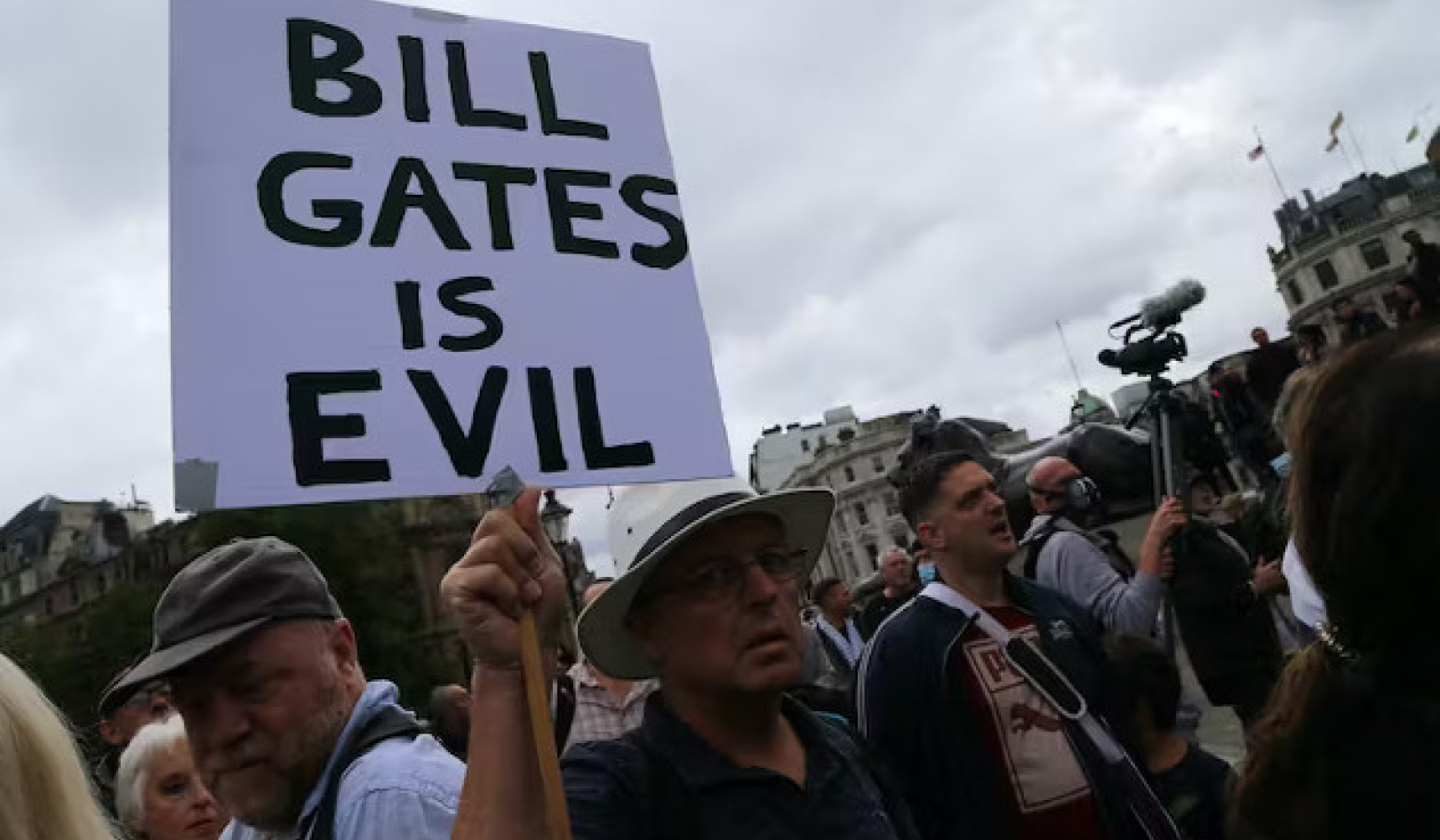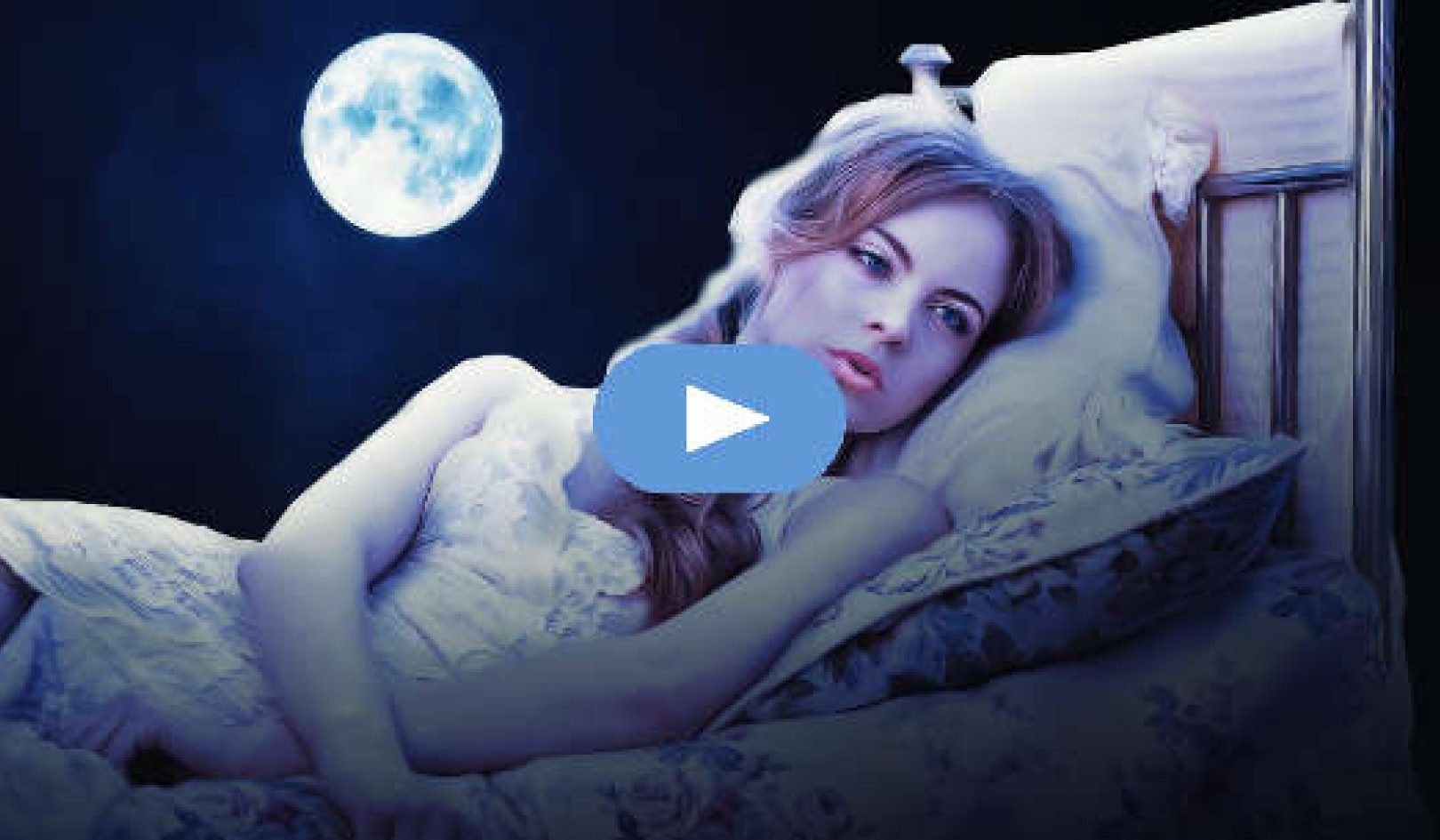
Image credit: Leandro De Carvalho
Feeling ourselves a victim is never a good choice to make when confronted with difficult circumstances. Self-pity, complaining, and pessimism do not serve us well, but take us in a downward spiral increasing our unhappiness and making the situation worse. It’s far better to choose to be hopeful that we can get through this, and that when we do, the future will be brighter. We can also ask the universe, the life force, God (whatever term feels most appropriate) to give us strength, courage, and the imagination to change things if we can, and if we can’t, then to change the way we think about the circumstances.
We can trust that help is available to us, as so many others have demonstrated in their own lives, and that we can become heroines instead of victims. As Oprah Winfrey put it, “Step out of the history that is holding you back. Step into the new story you are willing to create.”
Creating A New Story
Xiaolu Guo is someone who created a new story for herself. With enormous determination and energy, in spite of the most terrible beginning in life, she achieved her goals. She shares her remarkable story in her memoir, Once Upon a Time in the East. Xiaolu refused to give in to despair and thus became the self-made heroine of her own story.
Xiaolu’s parents gave her away soon after birth to a poor, childless couple. Two years later, struggling to feed her, the couple passed Xiaolu on to her illiterate grandparents, who lived in a primitive fishing village on the East China coast. Surviving on a meager diet, she became fond of her kind grandmother. Sadly, her grandfather was a depressive, beat her grandmother, and eventually committed suicide.
During her childhood, her grandmother took Xiaolu to see an old Taoist monk. He told her that she was “a peasant warrior” and that “she will cross the sea and travel to the Nine Continents,” something that Xiaolu never forgot.
One day on the shore, Xiaolu met a group of art students painting the scene before them—a sunless, gray sea. She watched as one of the students painted a shimmering blue sea and a burning sunset. Suddenly, Xiaolu saw the possibility of reshaping a drab and colorless world through the power of imagination.
When she was seven, Xiaolu’s parents reappeared and took her to live with them in a newly built communist compound with other families. Her father was a government artist working on propaganda paintings; her mother, a former Red Guard, worked in a silk factory by day and performed revolutionary opera in the evenings. Xiaolu’s catalog of woes continued through her teenage years—cruelty from her mother (who regarded her as “a food bucket” and “a useless girl”), sexual abuse and violence, and pregnancy at fourteen and an abortion.
Xiaolu was sustained by literature and especially poetry. Her imagination stirred by Whitman and other American poets whom she read in translation, she began to write her own poetry and essays. She dreamed of a better life and was patiently dedicated to her studies, so that when she was eighteen, she was thrilled to win a place to study film in Beijing. Later she became a filmmaker, but her films were blocked in China, so she ended up writing telenovela scripts to survive and also wrote books.
At age thirty, Xiaolu became an immigrant in London and began to learn and write in English. Over the next decade, her English novels were short-listed for prizes, and she directed several award-winning films, including She, A Chinese.
Self-Made Heroes
Given her unpropitious start in life, it’s remarkable that Xiaolu even survived. That she should have had such a degree of hope and self-belief and the determination to create a life for herself, and be able to share her astonishing story so eloquently in a language not her own, is nothing short of miraculous. Toward the end of her memoir, she writes:
The protagonists of my favourite books were all orphans. They were parentless, self-made heroes. They had to create themselves since they had come from nothing and no inheritance. In my own way I too was self-made.
Such a story of courage and endurance against all odds is an inspiration to us all, showing what it’s possible to achieve with hope in our hearts, an imagination to envision a different future, and perseverance to make it happen.
I ask for strength, courage, and the imagination to
change things, and expect to receive it.
I can deal with this challenge, and the future is
looking brighter.
I am willing to create a new story for myself.
©2018 by Eileen Campbell. All Rights Reserved.
Publisher: Conari Press, an imprint of Red Wheel/Weiser, LLC.
www.redwheelweiser.com. Excerpted with permission.
Article Source
Woman's Book of Hope: Meditations for Passion, Power, and Promise
by Eileen Campbell
 This is a book of daily meditations designed to help restore a sense of hopefulness and purpose. It is a practical, friendly, and helpful book that will appeal to anyone looking for a little pick-me-up, a little help in getting through the week. It is a book for women who feel overwhelmed and underappreciated. It is the perfect antidote to despair: a book that teaches women to practice hope--to take concrete steps in the face of pain and despair and to make their lives happier. (Also available as a Kindle edition.)
This is a book of daily meditations designed to help restore a sense of hopefulness and purpose. It is a practical, friendly, and helpful book that will appeal to anyone looking for a little pick-me-up, a little help in getting through the week. It is a book for women who feel overwhelmed and underappreciated. It is the perfect antidote to despair: a book that teaches women to practice hope--to take concrete steps in the face of pain and despair and to make their lives happier. (Also available as a Kindle edition.)
About the Author
 Eileen Campbell is the author of several books, including The Woman's Book of Joy. She was an alternative/New Age publisher for over 30 years and worked in various capacities for major publishers including Routledge, Random House, Penguin, Rodale, Judy Piatkus Books, and Harper Collins. She was also a writer/presenter for BBC Radio's "Something Understood" and "Pause for Thought" in the 1990s. She currently devotes her energies to yoga, writing, and gardening. Visit her at www.eileencampbellbooks.com.
Eileen Campbell is the author of several books, including The Woman's Book of Joy. She was an alternative/New Age publisher for over 30 years and worked in various capacities for major publishers including Routledge, Random House, Penguin, Rodale, Judy Piatkus Books, and Harper Collins. She was also a writer/presenter for BBC Radio's "Something Understood" and "Pause for Thought" in the 1990s. She currently devotes her energies to yoga, writing, and gardening. Visit her at www.eileencampbellbooks.com.




























